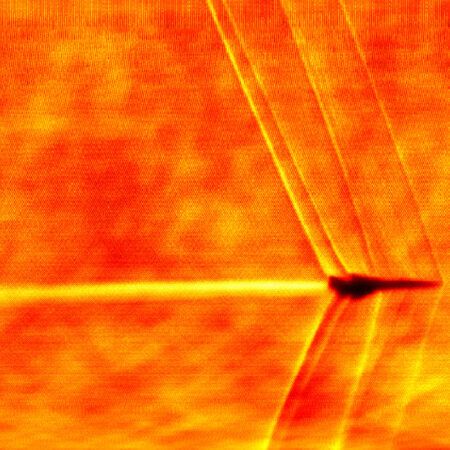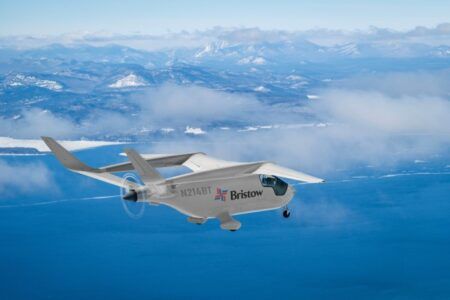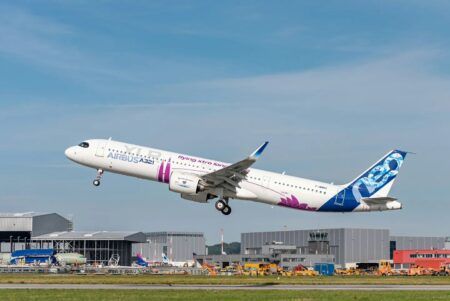US company ZeroAvia has successfully completed what it claims is the first ever electric-powered flight of a commercial-scale aircraft in the UK.
The test flight from Cranfield Airport on June 22 was part of the £2.7 million ($3.3 million) HyFlyer project, a UK Government funded program to develop hydrogen-electric powertrains for regional aircraft.
For the test flight engineers replaced the Piper M350’s conventional powertrain with electric motors, hydrogen fuel cells and gas storage.
According to ZeroAvia its hydrogen fuel cell powertrain offers the same zero-emission potential of batteries but with a greater energy-to-weight ratio, making it viable for commercial operations at a much larger scale and in a shorter time frame. The company believes its powertrain will also provide lower operating costs compared to battery cycling in high-utilization regional aircraft.
The company plans to conduct longer-distance hydrogen-electric test flights later this summer for project HyFlyer, which will culminate in a 250-300 nautical mile flight from the Orkney Islands in Scotland.
ZeroAvia is developing a 10-20 seat aircraft to be certified within three years which will have a 500 mile range and is planning to be flying 50-100 seat configurations by the end of the decade.
Cranfield Airport’s operation team, Cranfield University, Cranfield Aerospace and ZeroAvia commissioned hydrogen refuelling infrastructure as part of the HyFlyer project. ZeroAvia has also already completed a full set of ground-based full-power flight simulations for its long-distance hydrogen flights.
Val Miftakhov, ZeroAvia’s founder and CEO said, “Today’s flight is the latest in a series of milestones that moves the possibility of zero emission flight closer to reality. We all want the aviation industry to come back after the pandemic on a firm footing to be able to move to a net zero future, with a green recovery.
“That will not be possible without realistic, commercial options for zero emission flight, something we will bring to market as early as 2023.”
Dr Simon Weeks, chief technology officer of UK Government research funding body the Aerospace Technology Institute (ATI) said, “We are delighted to see the first flight of ZeroAvia’s battery-electric aircraft at Cranfield. This exciting ATI funded project is the next step in an effort to develop a commercial zero emissions hydrogen fuel cell powered commercial aircraft in the UK.




